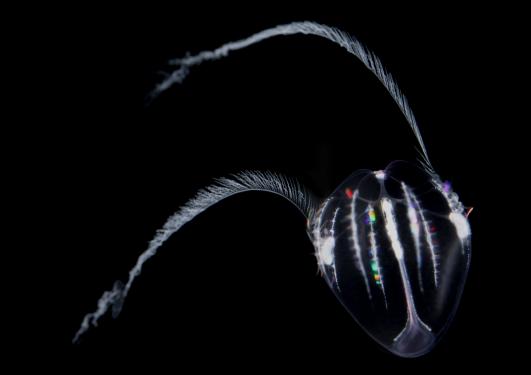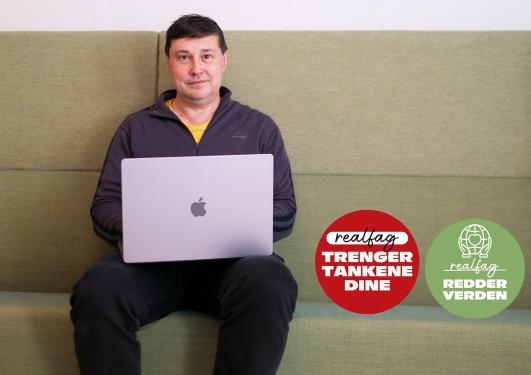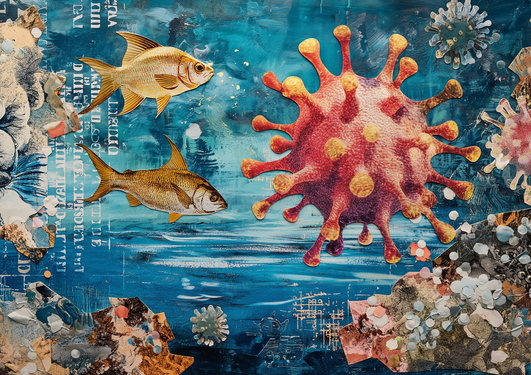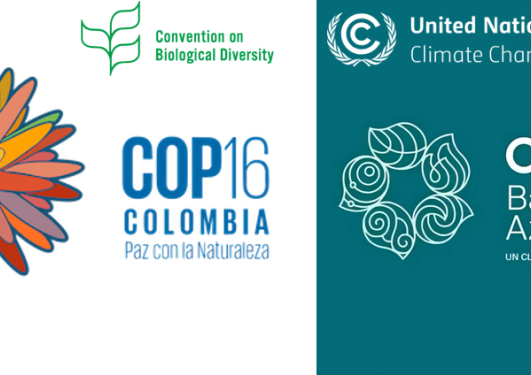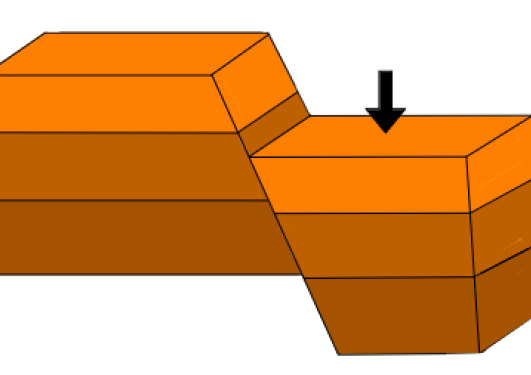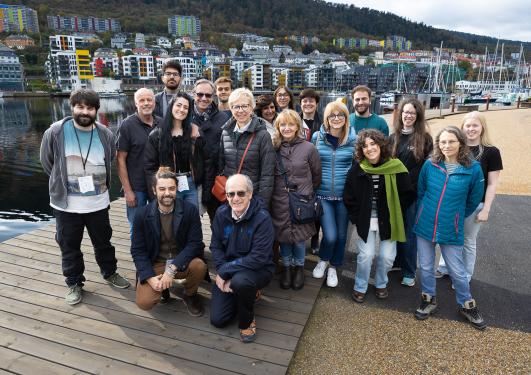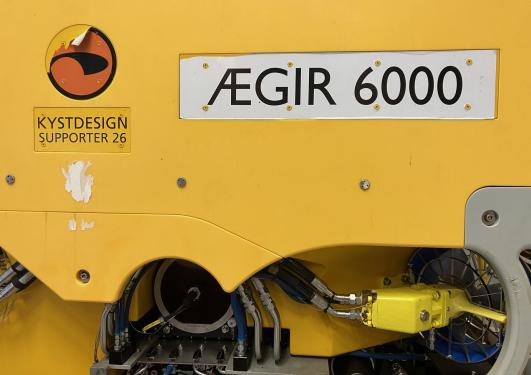News archive for Faculty of Science and Technology
For most animals, ageing is a one-way journey. In a recent PNAS publication, researchers Joan Soto-Angel and Pawel Burkhardt discovered that a species of comb jelly can reverse its life cycle, returning from adulthood to a larval stage.
SEAS fellows span a variety of scientific fields from geology and biology to informatics and law. Some of this variety will also be evident on Monday 28. October, with keynotes and pitches from selected SEAS fellows including topics like «Deep Learning for Smart Shipping» and «the response of macroalgae in a changing climate».
October is the national cybersecurity month in Norway. Meet associate professor Oleksandr Kholosha from the Department of Informatics, who works to protect us from digital threats.
Vincent receives a new research project from the Research Council of Norway. Congratulations to Vincent.
Join us at Statsraaden Bar & Reception as we explore the intersection between oceanic dynamics, maritime ecosystems and pandemic preparedness.
Researchers have sent a letter to the Parties and Presidents of the Conference of the Parties to the Convention on Biological Diversity (CBD; COP 16) and the United Nations Framework Convention on Climate Change (UNFCCC, COP29) asking them to initiate a much-needed coordination of the work towards the two conventions.
First-year students in the Bachelor’s program in Earth Science and Informatics got hands-on experience with drone-flying while enjoying the magnificent scenery from the top of Bergen.
In this paper, we prove the existence and uniqueness of elliptic variational inequalities coupled with a nonlinear ODE. Considering an elliptic equation in the domain allows us to include a fully nonlinear ODE on the contact surface which gives us new applications of frictional adhesion contact problems.
At the Michael Sars Centre, the group of Marios Chatzigeorgiou develops unique tools to study underwater noise as part of the pan-European project DeuteroNoise.
After two years of ground-breaking work on marine noise pollution, the pan-European consortium gathered at the Michael Sars Centre to share their progress and coordinate future efforts.
At the end of September it was announced that the NORMAR-II grant for upgrades to the Ægir 6000 ROV system has been approved! This funding ensures the Centre’s continued access to this essential deep-sea infrastructure and will allow us to keep the ROV system state-of-the-art. We’re looking forward to many more dives with upgraded equipment, pushing the boundaries of deep-sea exploration.
- 2025
- 2024
- 2023
- 2022
- 2021
- 2020
- 2019
- 2018
- 2017
- 2016
- 2015
- 2014
- 2013
- 2012
- 2011
- 2010
- 2009
